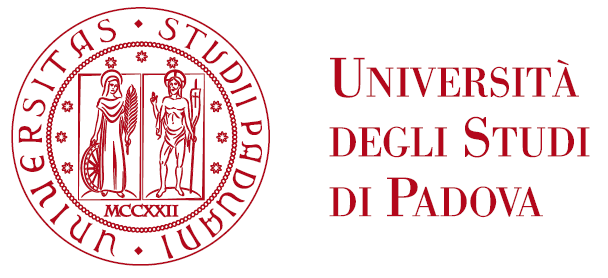


I will recall what the objects named in the title are and explain how one can combine them in a new way to explain a deep Theorem of Mazur and Wiles(proving a conjecture of Iwasawa). If p is a prime number and zeta is a primitive p-th root of unity, it is known thanks to Kummer that Fermat's Last Theorem for the prime p (i.e. that (x^p+y^p+z^p=0 and x,y,z in Z imply xyz=0) can be proved using elementary methods if we know that the ring Z[zeta] is almost a principal ideal domain. After Kummer, such a prime p is called a regular prime. The theorem of Mazur-Wiles gives a formula in terms of Bernoulli numbers that measures the defect of a prime p from being a regular prime.
Eric Urban studied at the Ecole Normale Supérieure de Lyon and obtained his PhD in Orsay in 1994 under the supervision of Jacques Tilouine before entering the CNRS in 1995 as a researcher and later as director of research . He was détaché from the CNRS to be Hedrick assistant professor at UCLA from 1997 to 2000 and he is a Full Professor at Columbia University, New York since 2006. Eric Urban earned the Lenfest distinguished Columbia Faculty award in 2005. He was an invited speaker at the ICM in Madrid in 2006 and a Guggenhein Fellow in 2007.
Eric Urban works on arithmetic aspects of the theory of automorphic forms. In particular, he studies their p-adic families and their implications to the study of deformations of Galois representations, in order to address fundamental questions of Iwasawa theory and cases of the Bloch-Kato conjectures on the Tamagawa numbers attached to motives. Together with Chris Skinner, he proved the Main Conjecture in the Iwasawa theory of p-ordinary elliptic curves which has important consequences for the rank zero case of the p-part of the Birch and Swinnerton-Dyer conjecture.
More infos are available here:
http://www.math.columbia.edu/~urban/
https://de.wikipedia.org/wiki/Eric_Urban/